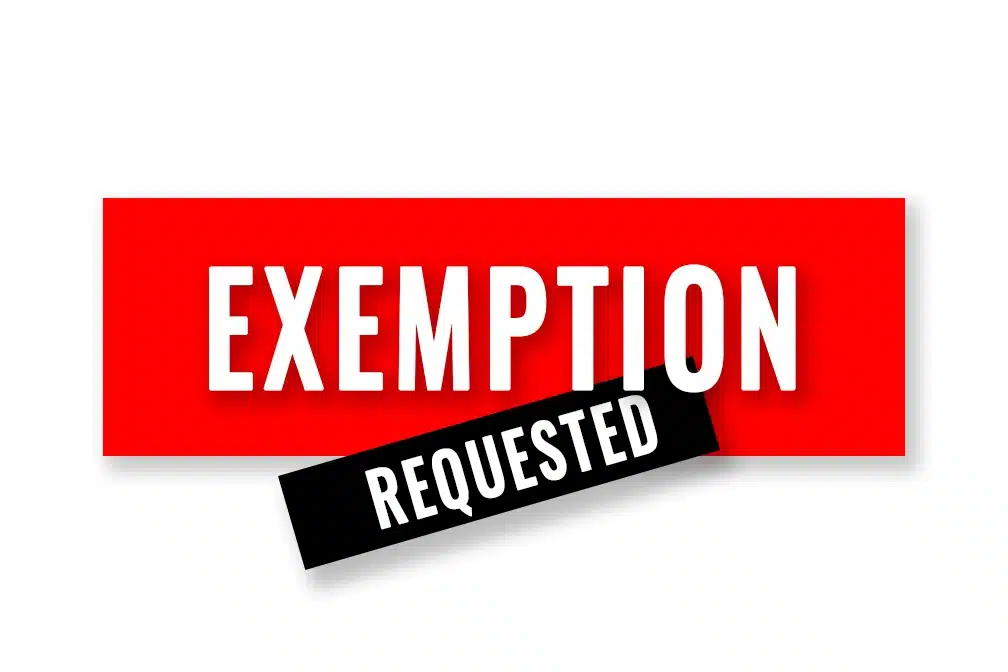Connell High School in Connell, Washington, has formally petitioned the FMCSA to allow students under 18 to obtain commercial learner's permits (CLPs).
Continue Reading
May 19, 2024 10:05 am

In the constantly evolving landscape of the trucking industry, the mandate requiring Electronic Logging Devices (ELDs) has sparked widespread debate and discussion. Instituted in December 2017, the mandate aimed at enhancing road safety by accurately tracking truck drivers’ hours of service (HOS) has faced pushback, particularly from small-business operators and owner-operators. A recent development in this ongoing conversation is the exemption request filed by Arbert Ibraimi, a one-truck owner-operator, highlighting the financial and operational challenges faced by those at the industry’s grassroots level.
Arbert Ibraimi, steering his fledgling company GTLM Transport, has stepped into the spotlight by formally requesting a one-year exemption from the ELD mandate. Ibraimi’s argument hinges on the financial burden the ELD mandate places on small operators like himself. With limited resources, Ibraimi contends that the funds required for an ELD system would be more beneficially invested in other safety initiatives, such as a safety management control system. This stance opens a broader dialogue on the allocation of resources for maximizing safety and operational efficiency in the trucking industry.
Ibraimi’s request, now open for public comment following its announcement by the Federal Motor Carrier Safety Administration (FMCSA), underscores a critical juncture in the regulatory landscape. The FMCSA’s response and the public’s feedback will serve as indicators of the regulatory body’s willingness to accommodate the nuanced needs of the trucking community.
Since their mandatory implementation, ELDs have been a point of contention. Proponents argue that ELDs bring transparency and accuracy to HOS recording, thereby enhancing road safety. However, detractors highlight several issues, including the stress and pressure imposed on drivers to find safe parking before their HOS run out—a challenge exacerbated by the minute-by-minute tracking of ELDs, in contrast to the more forgiving 15-minute increments of paper logs.
Further complicating the issue are the statistics on road safety. Despite the intended safety benefits of ELDs, the data on fatal crashes involving large trucks post-ELD mandate has not shown a clear improvement. This lack of demonstrable safety enhancement fuels the argument against the universal application of ELDs, particularly from organizations representing small-business truckers like the Owner-Operator Independent Drivers Association (OOIDA).
The financial implications of the ELD mandate are non-trivial, especially for small operations. With ELD systems costing upwards of $100, plus ongoing service fees, the mandate represents a significant outlay for owner-operators like Ibraimi. This financial pressure brings to the fore the question of whether investments in ELDs are the most effective use of limited resources, especially when those funds could potentially support broader safety initiatives or critical operational needs.
Ibraimi’s proposition to use paper logs while investing in safety management and training underscores a desire among some in the industry for a more balanced approach to safety—one that considers the unique challenges and financial realities of small operators.
The FMCSA has previously granted exemptions to specific groups, acknowledging that a one-size-fits-all approach may not apply universally across the diverse landscape of the trucking industry. The consideration of Ibraimi’s exemption request will test the FMCSA’s flexibility and responsiveness to the needs of small-business operators. It raises important questions about the balance between regulatory mandates and the operational realities of those they affect.
As the FMCSA deliberates on Ibraimi’s request, the trucking industry watches closely. The outcome will not only affect Ibraimi and GTLM Transport but also set a precedent for future exemption requests and potentially influence the regulatory approach to ELDs. This situation highlights the need for ongoing dialogue between regulators and the trucking community to ensure that safety regulations enhance road safety without placing undue burdens on those they aim to protect.
The debate over ELDs and exemptions like Ibraimi’s is a microcosm of the broader challenges facing the trucking industry as it navigates technological advancements, regulatory changes, and the imperative of road safety. As this conversation unfolds, it will shape the trajectory of trucking regulations and the operational landscape for truckers nationwide, balancing the scales between safety, efficiency, and economic viability.
In conclusion, the trucking industry stands at a crossroads, with the ELD mandate serving as a focal point for discussions on safety, technology, and the future of trucking. As the FMCSA considers exemption requests like Ibraimi’s, the outcome will resonate through the industry, influencing regulatory practices, operational strategies, and the ongoing quest for a safer, more efficient trucking ecosystem.
Connell High School in Connell, Washington, has formally petitioned the FMCSA to allow students under 18 to obtain commercial learner's permits (CLPs).
Continue ReadingThe U.S. government is increasing scrutiny on Chinese companies that are potentially dodging tariffs by manufacturing Chinese EVs (electric vehicles) in Mexico.
Continue ReadingIn a legal battle that could reshape the trucking industry, 24 Republican states join to bring a lawsuit against the EPA and the state of California.
Continue ReadingIn an effort to increase efficiency and sustainability in Trucking, Phillips Industries has launched their new, advanced, stick-on solar panels
Continue ReadingAutomated License Plate Readers are a major advance in law enforcement technology but they raise significant privacy and oversight challenges.
Continue ReadingRyder's latest white paper provides a comprehensive, data-driven analysis of the true costs of electric truck conversion across truck classes
Continue ReadingFirstElement has opened the world's largest Hydrogen Truck Fueling Station in Oakland, CA. It is the first commercial hydrogen fueling
Continue ReadingXPO announced a 294% rise in Q1 Net Income year-over-year. This growth has been driven by XPO's strategic gains mainly
Continue ReadingOOIDA • ATA • DOT • NASTC • WOMEN IN TRUCKING • NPTC • DRIVER RESOURCES • TDN STAFF • ARCHIVES • SITEMAP